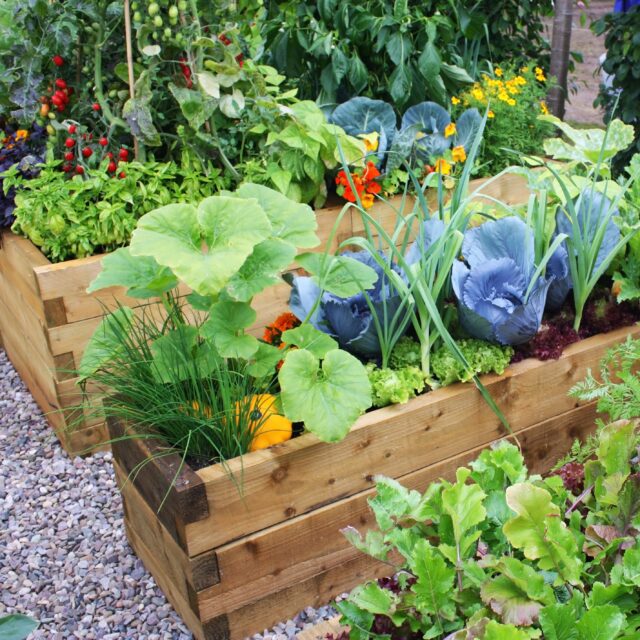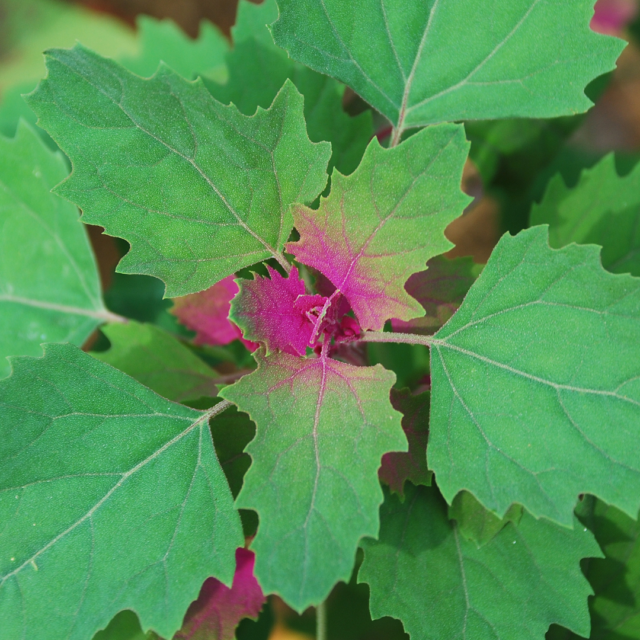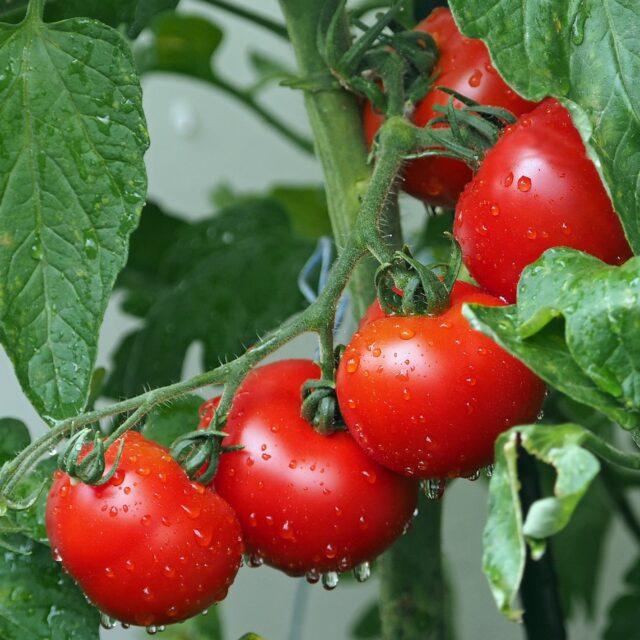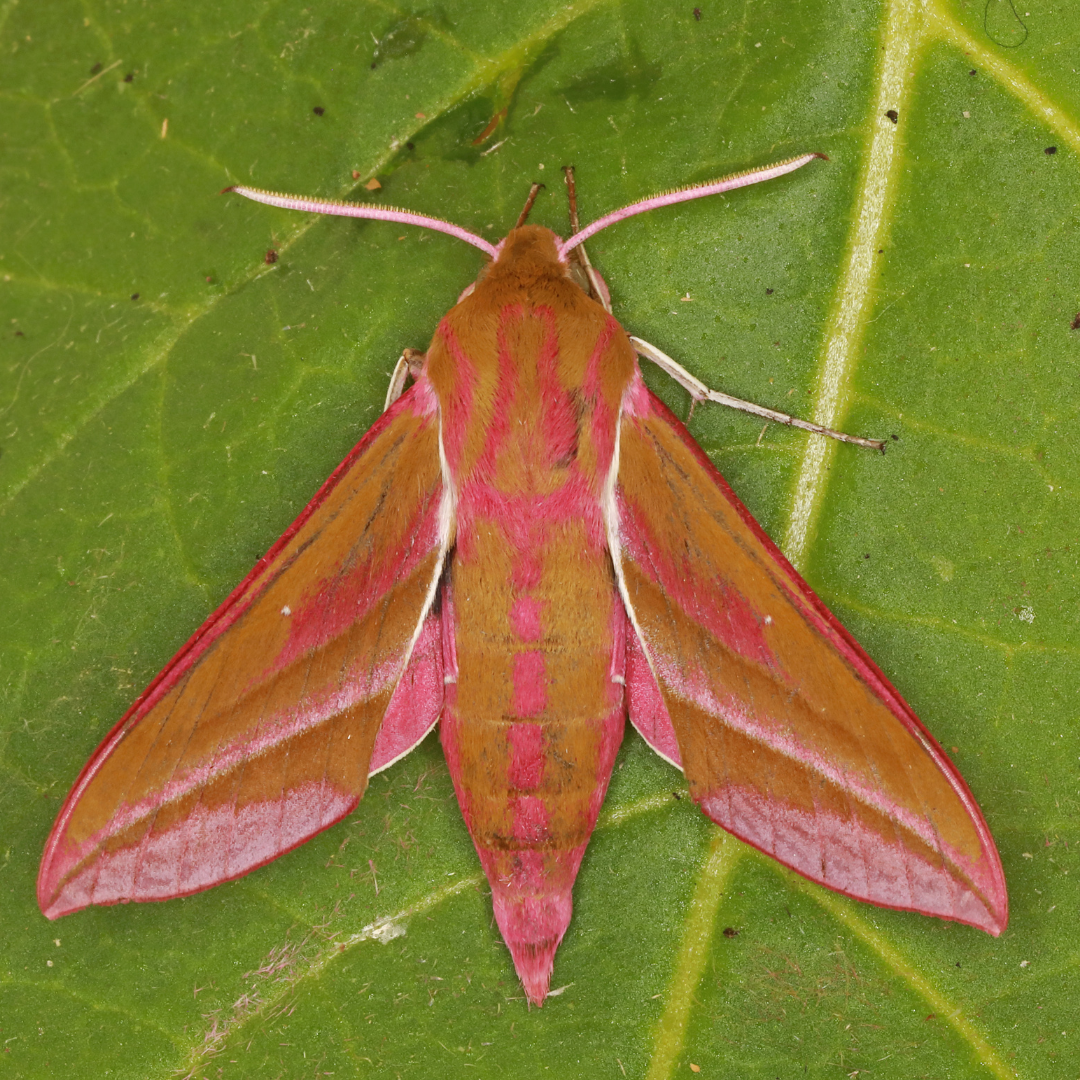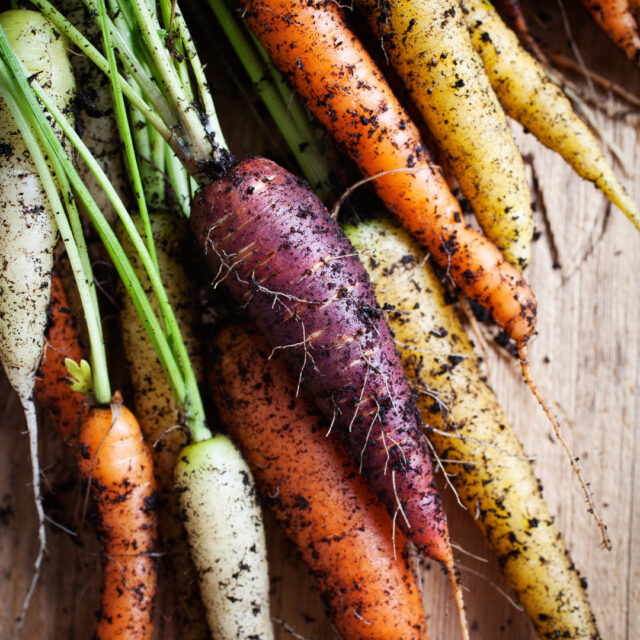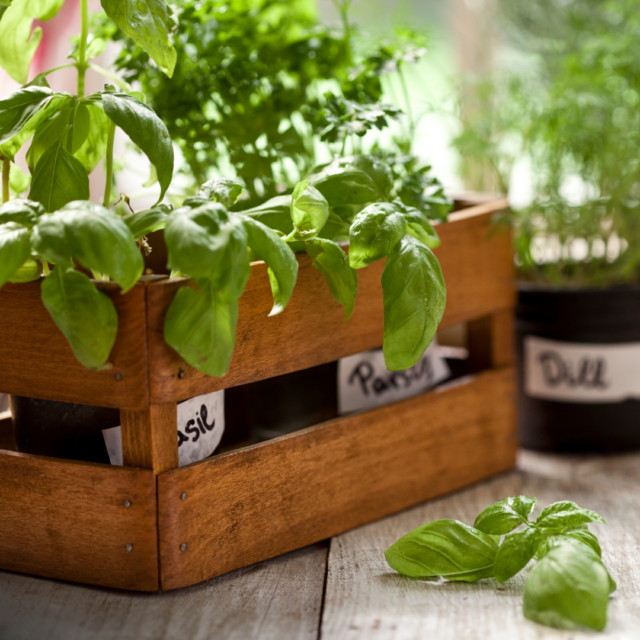With temperatures beginning to rise and the longer days, insects will start emerging from their winter hibernation and awakening from their dormant states – such as moths!
Did you know that the majority of the 2,500 moth species in the UK should be encouraged? Not only are moths important, diverse and interesting, they are vital for the food chain and can help with pollination!
Gardens play a very important role in providing a habitat for hundreds of different species of moths. To encourage moths in your garden plant flowers that release their scent in the evening. This will entice our nocturnal friends to pay our gardens a visit!
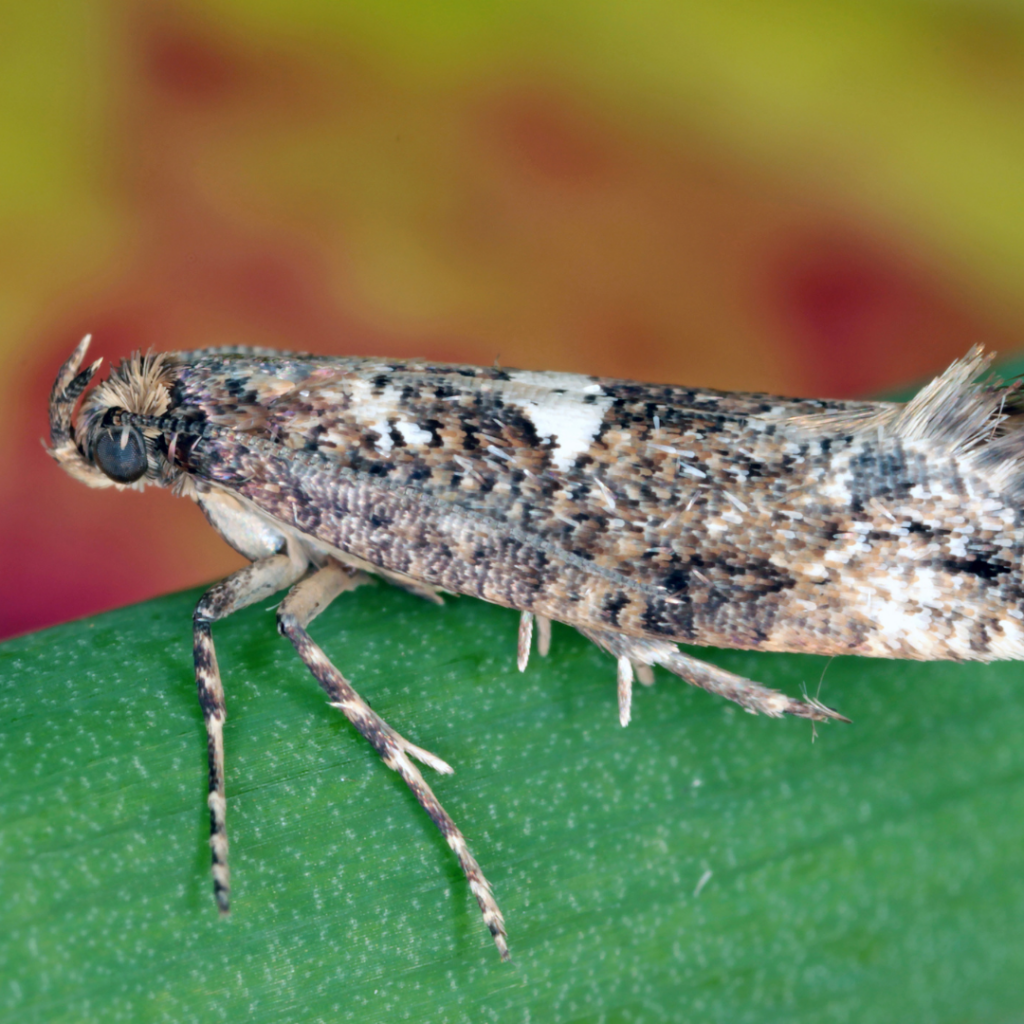
There are only a handful of moths that are considered problematic when it comes to growing veggies including the leek moth, pea moth and plum moth! The caterpillars of the leek moth are drawn to the delicious stems and foliage of alliums (leeks, onions and the like!) They can cause white patches on leaves and cause young plants to rot and die.
To protect your plants, cover them with an insect-proof netting for the whole of the growing season and if you spot any white, net-like silk cocoons make sure to squash them. Encouraging their natural predators is also a great tactic, so providing habitats like wood piles and compost heaps will increase the chance of ground and rove beetles in your garden, who like to feed on leek moth pupae.
